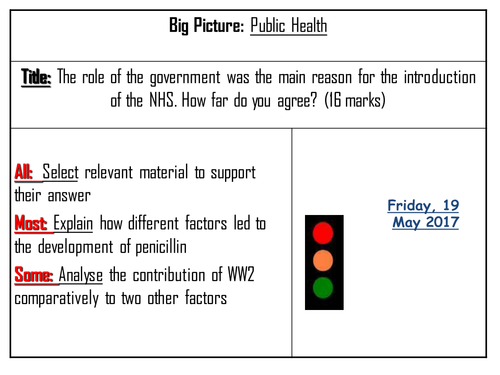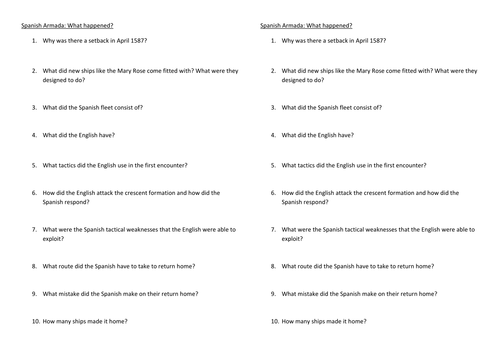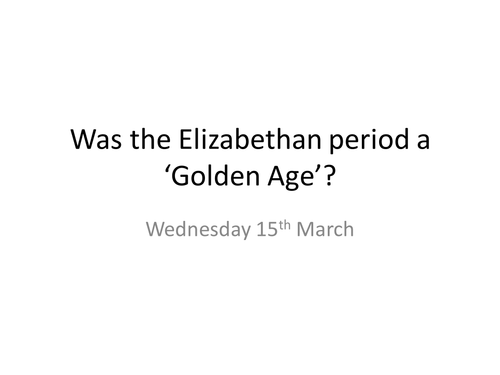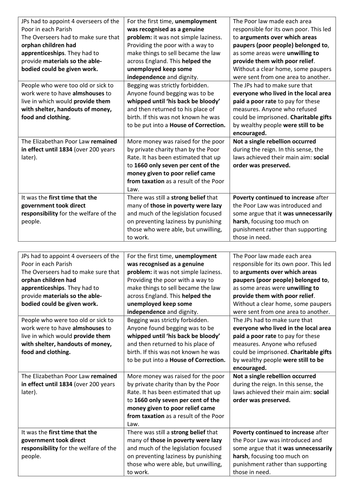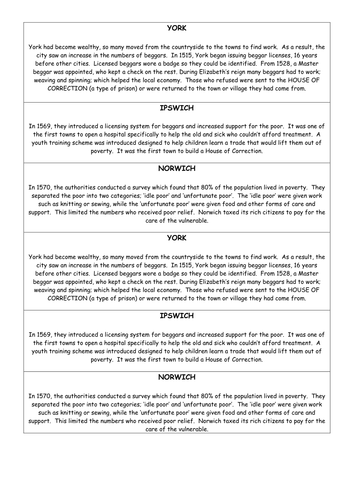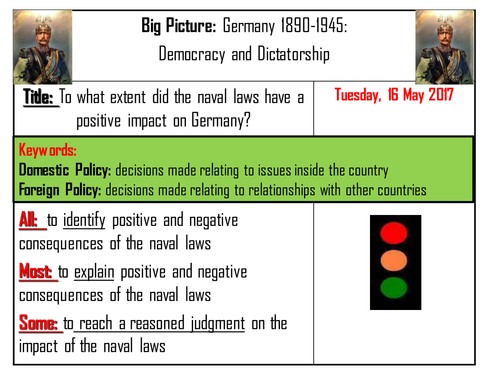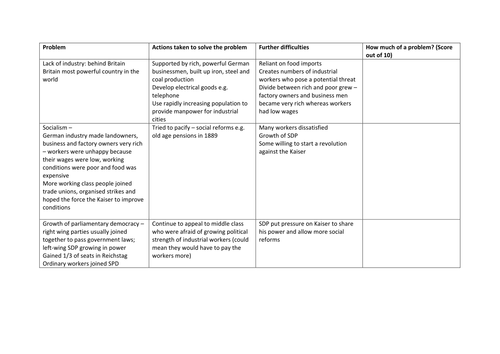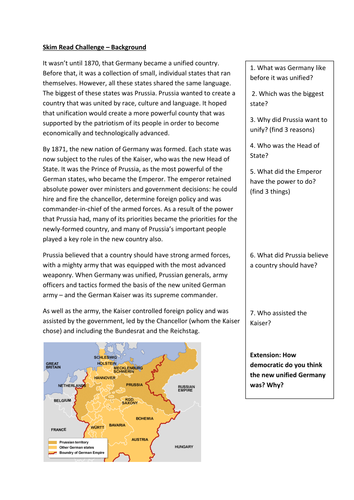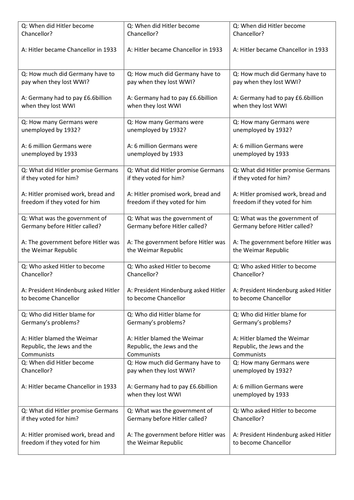
170Uploads
37k+Views
17k+Downloads
All resources

AQA 8145 Medicine - Introduction of the NHS
A GCSE lesson on the reasons for the introduction of the NHS in which students will practice skills required for essay-based questions. This lesson is part of the AQA Medicine Through Time specification.

AQA 8145 Elizabeth I - The Spanish Armada
A GCSE lesson for the unit on Elizabeth I. This lesson introduces the Spanish Armada by covering the chronology of the events.

AQA 8145 Elizabeth I - A Golden Age?
A GCSE lesson analysing the extent to which there was a 'Golden Age of culture' in the Elizabethan period.

AQA 8145 Elizabeth I - 1601 Poor Law
A GCSE lesson for the unit on Elizabeth I focusing on the success of the 1601 Poor Law. This covers initial Elizabethan laws before studying the 1601 law in some depth.

AQA 8145 Elizabeth 1 - Attitudes to the poor
A GCSE lesson on attitudes to poverty in Elizabethan England. This lesson precedes studying the 1601 poor law, and works best after understanding the causes of poverty.

AQA 8145 Germany - Naval Laws
Lesson 3 for Germany: Democracy and Dictatorship. This lesson covers both the causes and the consequences of the naval laws. This is relevant for students studying GCSE.

AQA 8145 Germany - Challenges to the Kaiser
Lesson 2 for AQA GCSE for Germany: Democracy and Dictatorship on the problems faced by the Kaiser during his rule. This lesson covers industrialisation, growth of socialism and rise of parliamentary democracy.

AQA 8145 Germany: Who was powerful in the Kaiser's Germany?
Lesson 1 on the AQA GCSE specification for Germany: Democracy and Dictatorship. This lesson introduces the power structure within Germany and the Kaiser's role. Students will be able to form a judgement on the relative power of each influencing factor.

AQA 8145 Germany key individuals introduction
An introductory lesson for the new AQA GCSE spec on the topic of Germany 1890-1945. This lesson introduces 6 of the individuals students will need to learn about and introduces the concepts of democracy and dictatorship.

AQA 8145 Germany - Overview
An introductory lesson for the AQA Germany 1890-1945 paper at GCSE. This lesson gives students an understanding of the chronology and gets them thinking about the key questions within the topic.

